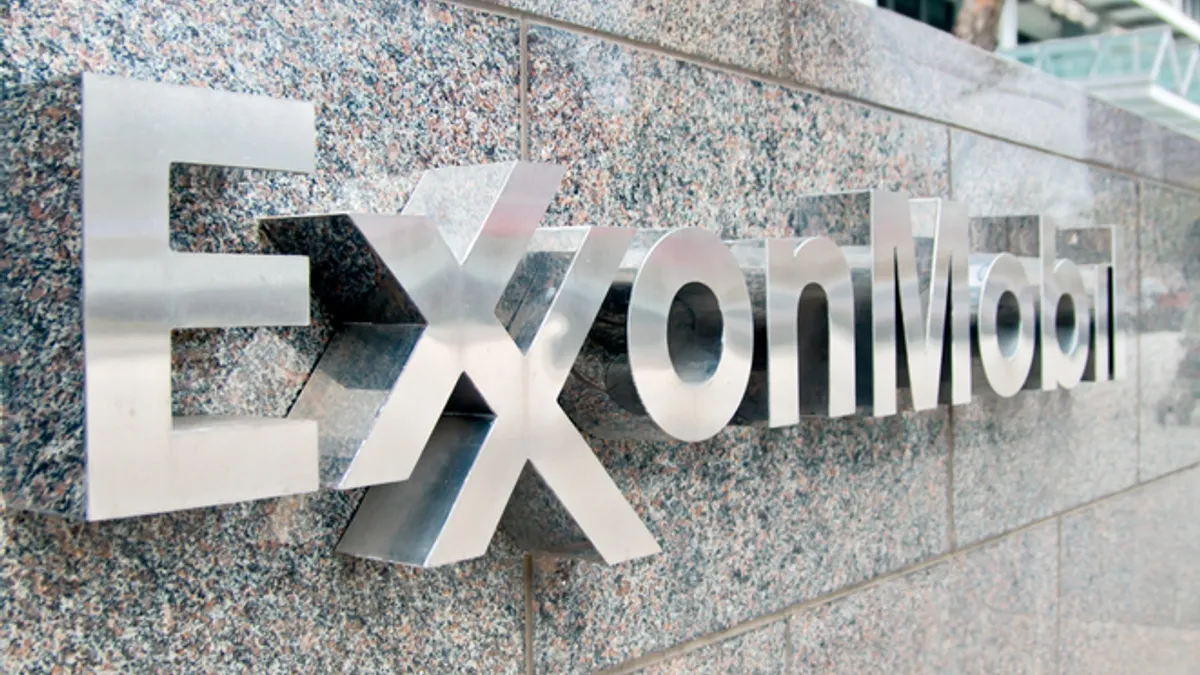When the Philadelphia Court of Common Pleas in September increased an already large verdict to $816 million against ExxonMobil, it was the latest ruling in a litigation trend regarding corporate accountability in environmental matters.
The litigation involved allegations of cancer linked to benzene exposure. The case, which has drawn attention in legal and environmental circles, underscores the increasingly charged landscape companies face as juries seek accountability for corporations’ impact on public health and environmental safety.
“ExxonMobil has known for decades that benzene causes cancer, yet they resisted warning the public and taking basic precautions to limit exposure,” plaintiff’s attorney Patrick Wigle said when the initial verdict was released in May.
Neglected safety protocols
The lawsuit originated from a claim made by a Philadelphia service station mechanic who alleged his cancer was caused by exposure to benzene — a known carcinogen — released from the gasoline he used in his work. The plaintiff argued that ExxonMobil didn’t warn him of the danger from exposure, despite knowing of benzene’s risk.
Benzene is commonly found in the oil and gas industry and has been linked to various forms of cancer, including leukemia. The plaintiff’s case included extensive evidence, including medical records and expert testimony and documentation, demonstrating a connection between the chemical’s risk and its failure to disclose that risk to workers.
‘Excessive’ damages appeal
After a trial, the jury found that ExxonMobil's actions warranted punitive damages, which led to a verdict of $725.5 million.
ExxonMobil filed an appeal. The company argued that the punitive damages were excessive and claimed that it had adhered to regulatory standards, among other things.
Court rationale
In September, the Philadelphia Court of Common Pleas issued a ruling affirming the jury's decision and the verdict, increasing it by $90.5 million in delay damages to $816 million. The court emphasized that the evidence presented during the trial demonstrated ExxonMobil’s failure to implement adequate safety measures and its knowledge of the risks associated with benzene.
“The evidence of ExxonMobil’s negligence and disregard for the health of the community is compelling,” Judge Michael Davis said. “The punitive damages awarded reflect not only the harm done to the plaintiffs but also serve as a deterrent to prevent such negligence in the future.”
The court's ruling demonstrates how corporations are being held accountable for their actions, especially when public health is at stake. The court underscored that corporate responsibility extends beyond profits and includes the obligation to protect the communities in which they operate.
Corporate implications
The upheld verdict against ExxonMobil is part of a litigation trend regarding corporate accountability in environmental matters.
The case, like others in recent years, reflects a growing backlash against the impact that corporate actions can have on public health and the environment. For instance, in July, a class action lawsuit was filed against Lululemon in the U.S. District Court for the Southern District of Florida, alleging that the apparel company is greenwashing its environmental effects. Similarly, in September, the Environmental Working Group filed a lawsuit against Tyson Foods, claiming that the company made false or misleading claims about its climate-friendly goals and meat products.
As environmental concerns become increasingly prevalent, cases like this one could embolden more people to press their claims in court.
“No one, not even mighty Exxon, can escape the long arm of the law forever,” Vermont Law School professor Patrick Parenteau has said. “When you put the facts and the law in front of a jury, justice happens.”















